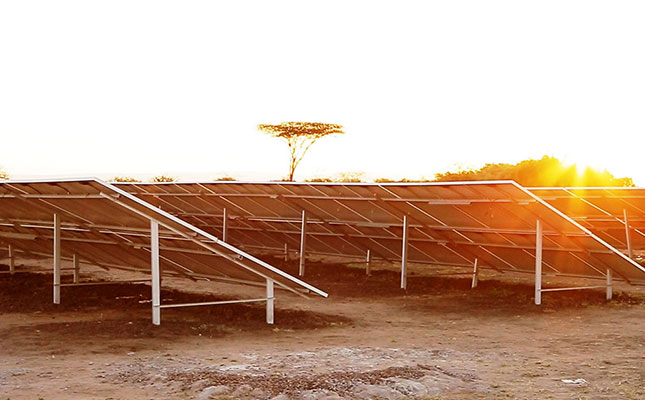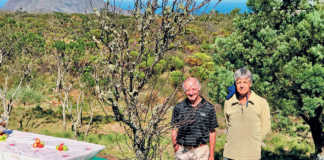
They recently took ownership of two solar-powered microgrids developed, funded and installed by multinational professional services company Accenture, the University of Notre Dame’s Initiative for Global Development and the Rural Development Company.
A joint statement issued by the partners explained that one solar-powered microgrid would provide the farmers with the power needed to drive their irrigation equipment. A second, larger solar facility would power a pack house where the farmers could consolidate their yields, process and package their crops, and then send them out to markets.
“This reduces the farmers’ overall burden of labour and operating costs, and enables the farmers’ co-operative to achieve crop yields large enough to supply commercial buyers,” said the statement.
This initiative for developing farmers specifically in the municipality’s Ndumo area stemmed from the project partners’ Connectivity, Electricity and Education (CE3) programme – which “strengthens existing businesses, creates employment, and builds new businesses through the provision of clean, affordable electricity, Internet connectivity, and programmes that train local residents in basic computing, entrepreneurship and workforce readiness skills.”
The CE3 business model enables each site targeted by the programme to be able to cover its operating expenses, including the cost of maintaining the solar-powered microgrid infrastructure.
“We look forward to replicating the programme and training aspiring entrepreneurs across rural sub-Saharan Africa to contribute to the United Nations’ Sustainable Development Goal #7 of ensuring access to affordable, reliable, sustainable and clean energy for all,” said Roger Ford, managing director of Accenture Development Partnerships.












